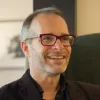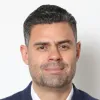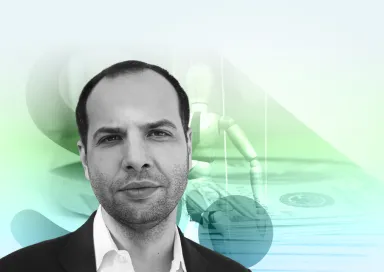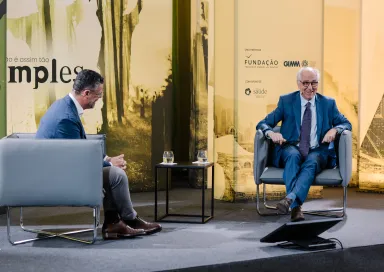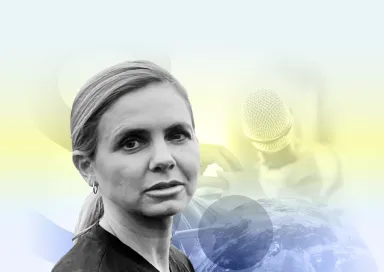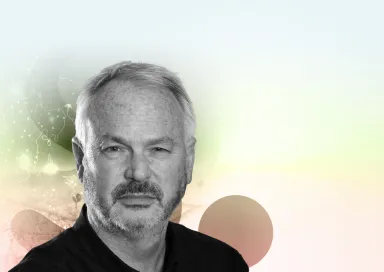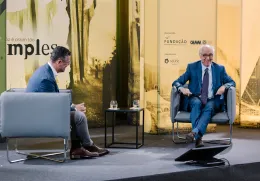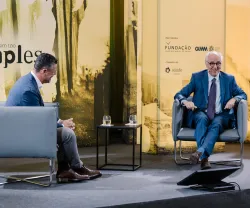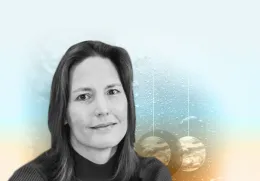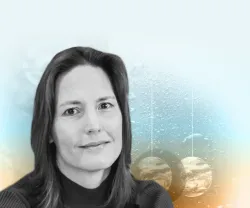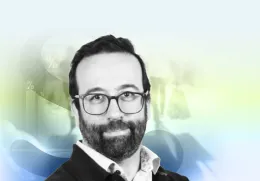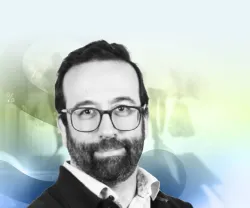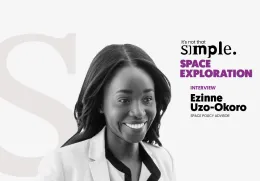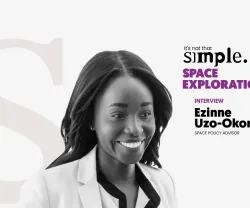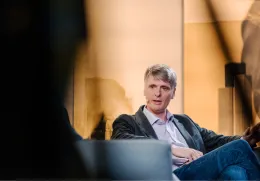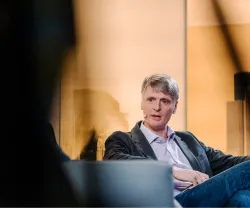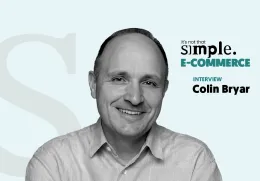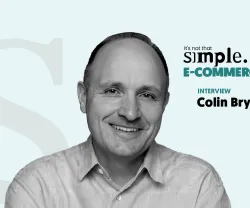Could the human genome be programmed as if it were a computer? Could we one day slow ageing or diagnose diseases and create vaccines and medicines in record time? The geneticist and pioneer in synthetic biology, Andrew Hessel, gives us some of the answers.
«Biology runs this planet. It's the oldest technology. It’s been around for billions of years. But it’s also the most mysterious technology because it’s the only technology that we didn't build. It built us», he said.
Explaining synthetic biology through his experience in computing, the expert draws parallels between programming a computer and programming a cell. They both have a code – cells have a kind of software that manages all their metabolic processes – and being able to manipulate them makes it possible to program what they do.
The development of this area could open up the door to faster and more effective treatment of diseases, whether bacterial or viral, such as Covid-19.
While DNA sequencing is now used «in almost everything» in medicine, what Hessel proposes is much more than knowing the DNA sequences of a virus or of bacteria. «Now you have the ability to affect the code», which means you have the ability to engineer the microbes in the mouth or gut, for example, to keep us healthy. «Instead of just diagnosing a disease, you have the opportunity to cure it», he concluded.
Synthetic biology also promises to have answers to slowing ageing. «The first clinical trial to reverse ageing in dogs is underway now», he added, recognising that although these tests could allow for advances in the future, they will not halt this natural process.
All of these advances face ethical questions, «when it comes to human beings and the manipulation of organisms, it’s tricky because the ethical spectrums are not consolidated», he warned.
«As these tools become more democratised, I think we’re going to find people experimenting more and this could be a positive force», said Hessel. However, he warns that «there will be some who will abuse the technology for their own profit or for political, religious or financial gains».
63

Big issues, big names in a new programme dedicated to interviews with international personalities from the world of politics, economics and society. These conversations with special guests, conducted by journalist Pedro Pinto, aim to simplify and help demystify some of today's most important issues. Every month, on the Foundation's website.
